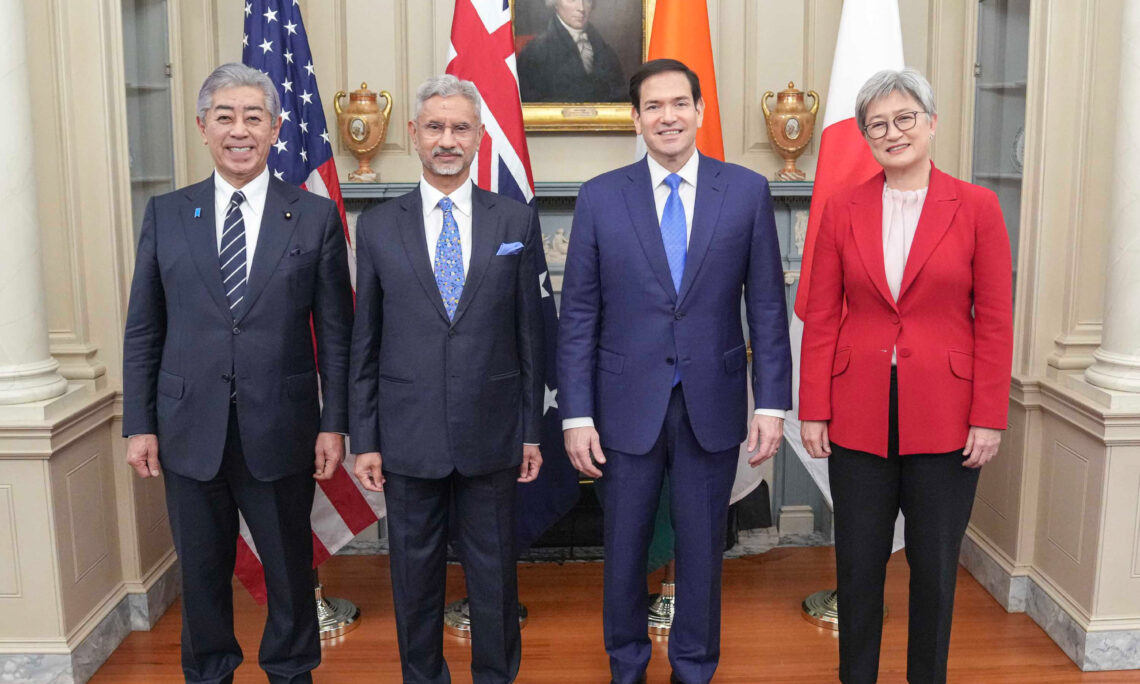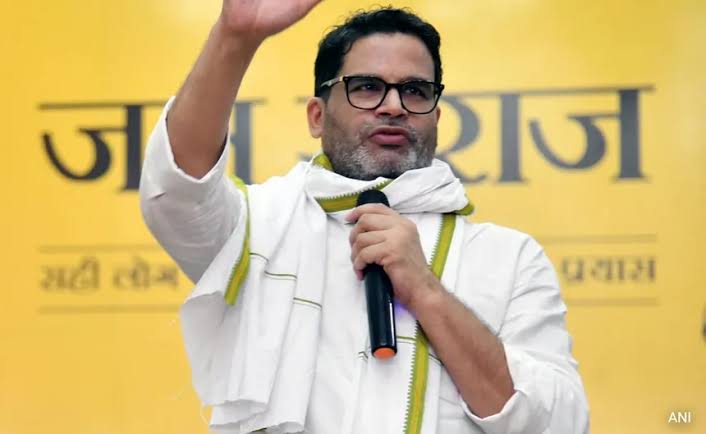Quad FM’s Meet: Uncertainty and Opportunity

The Quadrilateral Security Dialogue, commonly referred to as the Quad, comprises four major Indo-Pacific democracies—India, Japan, Australia, and the United States. Originally formed as a response to the increasing strategic influence of China in the Indo-Pacific, the Quad has evolved into a platform for these countries to collaborate on a wide range of issues including maritime security, infrastructure, resilient supply chains, and emerging technologies.
In January, shortly after President Donald Trump's administration settled into its second term, it made a significant diplomatic move by hosting the Quad foreign ministers in Washington D.C. This early engagement was viewed as a strong reaffirmation of the United States’ commitment to multilateralism and strategic cooperation in the Indo-Pacific region. The joint statement released by the four foreign ministers emphasized the promotion of “regional maritime, economic, and technology security,” along with the establishment of “reliable and resilient supply chains.” Importantly, they also committed to holding regular meetings leading up to the Quad Leaders’ Summit, which was to be hosted by India in September.
However, as the foreign ministers reconvene in Washington today, the atmosphere is markedly different. The sense of optimism and continuity that characterized the January meeting has now given way to uncertainty. The planned Quad Leaders’ Summit has been postponed indefinitely, casting doubts on the bloc’s immediate direction and cohesion. Much of this uncertainty stems from shifts in U.S. foreign policy under President Trump, who continues to prioritize unilateral actions in global trade, security, and economic development.
These actions have complicated the Quad’s efforts to present a unified and consistent front.
President Trump’s administration has often favored bilateralism over multilateral engagements, leading to friction even with traditional allies. While the Quad was originally seen as a vehicle for counterbalancing China's assertiveness in the Indo-Pacific, its broader goals—including promoting democratic values, ensuring freedom of navigation, and establishing robust supply chain networks—require sustained collective commitment and policy alignment among all member countries.
The absence of a clear U.S. strategy within the Quad framework has led to growing concerns among the other member states. India, for instance, has been pushing for deeper economic cooperation and a larger role in regional infrastructure development. Japan continues to emphasize maritime security and the importance of a rules-based international order, while Australia seeks to balance economic engagement with China and its strategic alliance with the U.S.
The postponement of the Leaders’ Summit is more than just a scheduling issue—it signals a deeper problem of trust and coordination within the bloc. Without a clear roadmap and concrete deliverables, the Quad risks becoming a symbolic grouping rather than a functional coalition capable of addressing the strategic challenges of the Indo-Pacific.
One of the primary challenges now facing the Quad is how to reaffirm its stated goals and turn them into actionable initiatives. This involves not just political will but also securing adequate funding and building institutional capacities. Key areas such as digital infrastructure, technology standards, health security, and climate resilience require long-term investments and collaborative frameworks. The Quad must also address internal differences and find ways to align their national interests with shared regional objectives.
Another pressing concern is the credibility of the Quad in the eyes of other regional partners, especially ASEAN countries. If the Quad is perceived as disjointed or ineffective, it may lose its appeal as a strategic alternative in the region. The foreign ministers must therefore work not only to salvage momentum within their own bloc but also to reassure external stakeholders of their collective commitment.
Despite the current uncertainties, the Quad still holds significant potential. The shared democratic values and economic capabilities of its member states position it uniquely to offer a rules-based, inclusive, and sustainable vision for the Indo-Pacific. However, realizing this vision will depend on whether the Quad members—especially the United States—can move beyond rhetoric and deliver coordinated, impactful outcomes
The Washington meeting of the foreign ministers is thus a critical opportunity. It can either reinvigorate the Quad with renewed purpose and strategic clarity, or it may further expose the fragility of this coalition. As global geopolitics continue to shift and challenges grow more complex, the Quad’s ability to adapt, collaborate, and lead will determine its relevance in shaping the Indo-Pacific order.
(Author, a JNU PhD in International Relations, formerly served as the Information & Publicity officer in Bihar government.)

 1 week, 6 days ago
1 week, 6 days ago





[[comment.comment_text]]